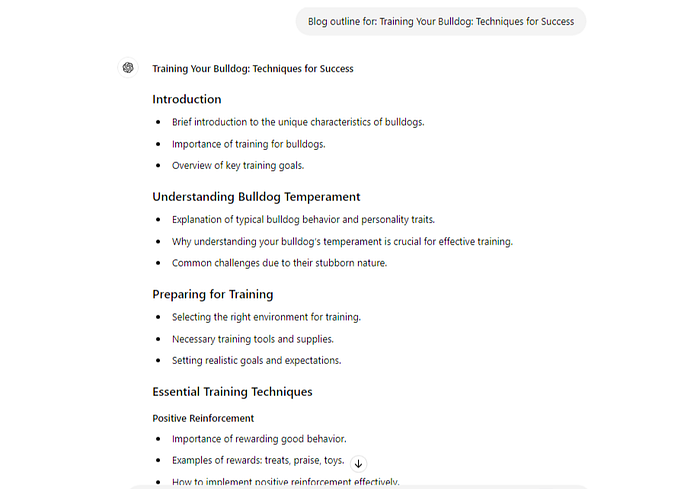ChatGPT isn't killing SEO. But supercharging it, here is how…
There's no arguing that ChatGPT is a game-changer and solves complex problems instantly.
Industries are slowly being affected by AI either positively or negatively and the same could be said about people.
But on the other side, when buying products or services, people want options, not to be spoon-fed by a bot. That's one of the reasons why with every next version OpenAI is making ChatGPT realistic.
This is an SEO guide on how smart people are using ChatGPT to 10X their SEO results. These tips and examples will save you:
- Your time
- Your money
- Your effort
Because like many industries, ChatGPT isn't going to kill SEO. It's going to make it more effective. Let's deep dive to understand it in detail.
1. Keyword research
Paid tools like SEMrush or Ahrefs have effective related keyword tools that help you find coveted high-volume, low-competition keywords.
But it takes forever.
ChatGPT speeds this up by creating a list of long-tail keywords that provide a better starting point for your research.


2. Content ideas
Developing ideas for blogs involves painstaking hours in SEMRush, Google, and other related tools.
Now you can just ask ChatGPT 10 Blog Ideas for a specific niche… and keep refreshing the search until you get 10 ideas that will attract the right people.
You will be amazed how time-saving these steps can be for a creator or team.

3. Blog outlines
Once you have a specific keyword and content idea you are looking for you can move this this step. Although I don't prefer writing AI-generated articles. But if one is looking for ideas on how to start or outline an article, ChatGPT can help you create detailed outlines.
At this point, you or your writer has now a trace for a well-structured article that makes researching or writing an article a breeze.

4. Catchy article titles
Writing a compelling article is crucial for ranking, but intriguing titles drive clicks and sales. It's the same here on Medium.
Ask ChatGPT to spruce up your boring title with one that:
- Has a specific tone (playful, serious, etc.)
- Is optimized for search
- Considers CTR

5. Semantic keywords
Integrating conceptually similar terms into a page provides more context for search engines.
Content will then rank higher because algorithms recognize depth as a signal of trust/authority. And if one article is getting high traction, semantic techniques help your other content to also get popular.
It can take hours to build these lists…but seconds with ChatGPT.

6. Topical content map
Effective blogs cover topics that are tangentially related to core themes.
Topical articles build subject matter authority, helping pages rank faster and higher. Use the AI-generated topical map to save hours a days of content planning with one command.

7. Schema markup code
It's code that makes it easier for search engines to understand a page's purpose or content.
It's important because it impacts rich snippets or those other areas of search with high conversions:
- Videos
- FAQs
- Recipes etc.
Copy and input the link, and you are done.

What ChatGPT can't do?
Although there are many things ChatGPT can do in a matter of seconds. But in the end, it's just a machine and has its limitations. It operates on how a person uses it.
There are things that ChatGPT is unable to do effectively like:
Write a good enough blog.
I will be honest, I've tried 100 times and have yet to see a full blog that isn't cookie-cutter. Without a human touch, you're risking getting penalized or ignored by algorithms.
So, use ChatGPT to make life easier, but at the same time know its limits.
